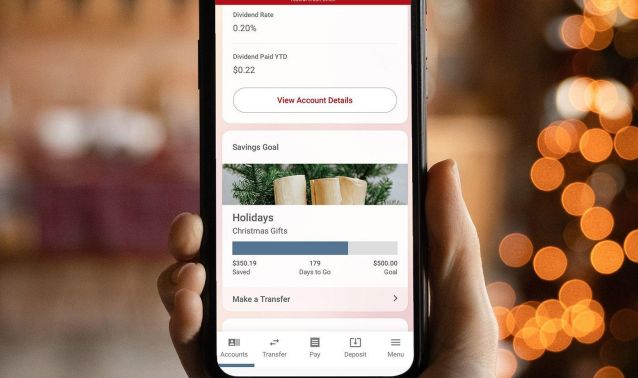Tips for Managing Debt
Share this article:

Debt can feel like a heavy burden, but with a strategic approach, it’s possible to take control of your finances and work towards a debt-free future. A well-constructed debt management plan is essential in achieving financial stability and reaching your financial goals. To help you navigate this process, here are some tips from Ascend on how to effectively manage your debt.
Create a Detailed Budget
Start by tracking your income and expenses. A clear budget will show you where your money is going and identify areas where you can cut back. You can use budgeting tools to assist in this process, like Ascend’s free budget worksheets. Allocate funds to debt repayment as a priority.
Determine Your Debt-to-Income (DTI) Ratio
Debt-to-income ratio (DTI) compares how much you owe each month to how much you earn. Specifically, it’s the percentage of your gross monthly income that goes towards payments for rent, mortgage, credit cards, or other debt. To find your debt-to-income ratio, try out Ascend’s DTI calculator. There’s no hard-and-fast rule here, but generally speaking, the lower your ratio, the easier it is for you to pay your monthly bills.
Build an Emergency Fund
Having an emergency fund can prevent you from relying on credit cards or loans when unexpected expenses arise. Once you’re more financially stable, aim to save 3-6 months’ worth of living expenses saved.
Pay More Than the Minimum
By paying more than the minimum, you can significantly reduce the amount of interest you pay over time and become debt-free faster. Additionally, making extra payments shows lenders that you are responsible and capable of managing your debt, which can lead to an improvement in your credit score. It’s important to note that while making extra payments may not seem like much, they can add up over time and make a significant difference in the long run. So, prioritize paying off debt and make it a priority in your budget.
Consider Debt Consolidation
If you’re bogged down by several high-interest debts and you find it difficult to manage them all, you may want to consider consolidating your debts into one low-interest loan. There are many factors to consider when choosing to consolidate debt. Check out our article on debt consolidation to further explore if this is the right option for you.
Use Windfalls Wisely
Any unexpected money, such as tax refunds, bonuses, or gifts, should be put towards debt repayment. This can significantly reduce your principal balance and save you interest over time.
Avoid Accumulating New Debt
While you’re focused on paying down existing debt, be mindful of not taking on new debt. Use cash or a debit card for purchases, and if you must use credit, ensure you can pay off the balance in full each month.
Paying off debt can seem overwhelming, but with a well-planned strategy, it can become achievable. By determining your debt-to-income ratio, paying more than the minimum, and considering debt consolidation, you can take control of your financial situation and reach your financial goals. If you’d like more information, click here to take our free course on debt management. Start taking steps towards a debt-free future today!



